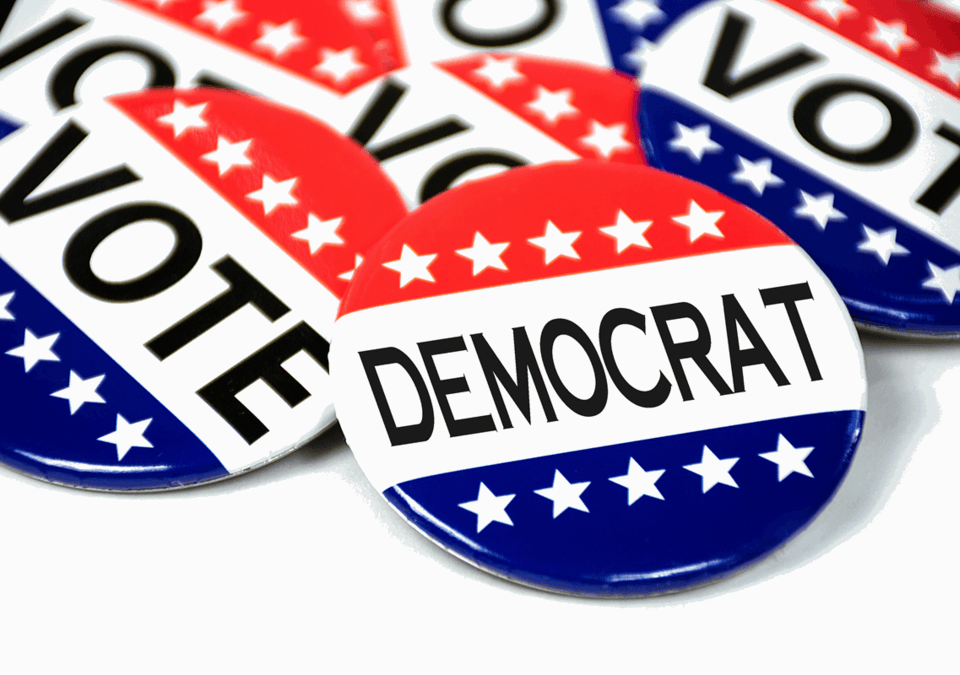
IRS Bloodbath: 25,000 Jobs Axed Overnight…
August 17, 2025
Peanut butter on a BURGER?! Would you try it? 🍔😮
August 18, 2025Ten Years Of Trump Derangement Syndrome
The term “Trump Derangement Syndrome” (TDS) is a political pejorative, not a recognized medical condition. While the phrase itself lacks clinical validity, the behaviors it is used to describe are a subject of significant interest within the social sciences. Rather than being a mental illness, these behaviors are often analyzed by social scientists as a manifestation of extreme political polarization, affective bias, and the impact of modern media on social discourse.
From a social science perspective, the behaviors and “mannerisms” attributed to people accused of having TDS are often seen as batshit in a highly polarized political environment. The term itself is not new; a similar label, like “Bush Derangement Syndrome,” was used in the past to highlight whacked-out critics of another president.
Dr. Charles Krauthammer, a psychiatrist and columnist, is credited with coining the term “Bush Derangement Syndrome” in 2003. He used it to describe the intense negative reactions some individuals had to President George W. Bush’s policies and presidency, suggesting it bordered on paranoia, according to the Cato Institute. The consistent use of such terms highlights a broader trend in American politics where political disagreement is pathologized, turning policy debates into a Madhatter’s Convention of useful idiots or a Confederacy of Dunces.
A key aspect of the behavior described by the term is what social scientists call “affective polarization.” This refers to the growing animosity and distrust between members of different political parties. For those on the side of the Democrat Party, this can lead to the perception that the opposing party and its leader are not just political rivals, but an existential threat. This mindset can fuel intense negative emotions such as anger, anxiety, and fear in response to political events. These reactions could be symptoms of a mental disorder with a medical label in the future, with further study.
The behaviors can be understood through the lens of cognitive biases. Social science research shows that individuals, especially in a polarized climate, often engage in motivated reasoning and confirmation bias. They may selectively consume media that confirms their pre-existing beliefs while dismissing information that challenges their worldview. This creates an echo chamber effect, where an individual’s negative reactions are constantly reinforced, leading to a feedback loop of outrage and hostility.
The rise of social media has amplified this effect, as algorithms are designed to show users content that they are likely to engage with, often at the expense of a balanced perspective. In this context, the behaviors described as “TDS” are, therefore, a social phenomenon rooted in the dynamics of modern political communication, partisan identity, a deeply divided society, and, in the future, a possible diagnosed mental disorder for the DSM (Diagnostic and Statistical Manual of Mental Disorders) if biased academia could step aside and let others follow the social science.

C. Rich is the voice behind America Speaks Ink, home to the America First Movement. As an author, freelance ghostwriter, poet, and blogger, C. Rich brings a “baked-in” perspective shaped by growing up on the streets and beaches of South Florida in the 1970s-1980s and brings a quintessential Generation-X point of view.
Rich’s writing journey began in 2008 with coverage of the Casey Anthony trial and has since evolved into a wide-ranging exploration of politics, culture, and the issues that define our times. Follow C. Rich’s writing odyssey here at America Speaks Ink and on Amazon with a multi-book series on Donald Trump called “Trump Era: The MAGA Files” and many other books and subjects C. Rich is known to cover. CRich@AmericaSpeaksInk.com
“America Speaks Ink is a Google News approved source for Opinion”





